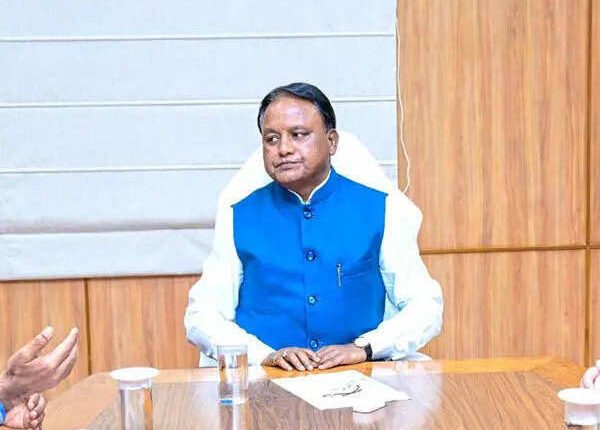Bhubaneswar: Odisha Chief Minister Mohan Majhi has announced a series of initiatives aimed at bringing justice closer to the citizens.
Speaking at an event at Lok Seva Bhawan, CM Majhi introduced the Zero FIR system and the establishment of new Gram Nyayalayas (rural courts) to alleviate the burden on the judiciary.
Zero FIR Initiative
The Zero FIR initiative allows citizens to file a First Information Report (FIR) from any location, without the need to visit a police station. This system mandates that police register FIRs regardless of jurisdiction, making the process more accessible and efficient. CM Majhi emphasized that police personnel are now prohibited from summoning handicapped individuals, minors below 15 years, or senior citizens above 60 to the police station, except in unavoidable circumstances. Additionally, cases under the Protection of Children from Sexual Offences (POCSO) Act must be resolved within 60 days.
Criticism of Past Government
CM Majhi criticized the previous administration for its poor performance in securing convictions, particularly in crimes against women and children. According to the National Crime Records Bureau (NCRB), Odisha has a conviction rate of just 9.3% in such cases, the lowest in the country. The Chief Minister assured that his government is committed to improving these figures, even if it means setting up special courts to expedite the process.
New Gram Nyayalayas
To further support the judicial system, the government has approved the construction of six new Gram Nyayalayas. These rural courts will serve as mediation centers, significantly reducing the load on higher courts and making justice more accessible to rural populations. Law Minister Prithviraj Harichandan, who was also present at the event, highlighted the importance of these courts in providing timely justice and reducing the backlog of cases.
Future Reforms
In addition to these measures, the government plans to form a law commission to review and discard outdated laws, ensuring that the legal framework remains relevant and effective.




Comments are closed, but trackbacks and pingbacks are open.